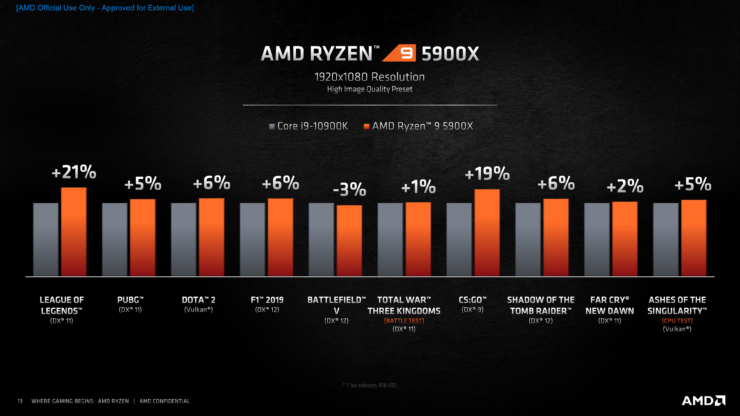

The clock speed measures how many cycles a processor makes within a second, measured in GHz.Īgain, the higher this number is, the better performance will be in general. Sticking with the car engine metaphor, the clock speed is the closest to a car’s RPM. But if you’re planning on doing lots of things at once, it might be worth getting some extra cores. Most apps and things only take one thread at a time, and probably don’t even take up that thread’s whole capacity. Ryzen 3 has either 4 or 8 threads, meaning that cores either have 1 or 2 threads on each of them, depending on the processor.įor Ryzen 5, there are 4, 6, 8, and 12 thread versions, meaning just like the Ryzen 3, there are either 1 or 2 threads on each core, with simply more cores to multiply that against.Īgain, more threads really just translates to more things going on at once. Just like with cores, more threads usually means better performance, but it can also mean the processor gets a little bit hotter. Now, just a few years later, AMD processors, including the Ryzen line, hit the top of almost every chart, even when compared to similar Intel processors. But in 2016 it revealed a new architecture for its processors, which put the company back on the board. Ryzen 3 vs Ryzen 5ĪMD wasn’t always the leader in the CPU market, and between about 20 it actually lagged behind Intel a lot. Specifically, Ryzen 3 and Ryzen 5 processors are the most common AMD processors available in lots of general-purpose laptops and desktops.īut how does the Ryzen 3 vs Ryzen 5 compare? Let’s find out. In recent years, AMD’s Ryzen line of processors has been among the best out there. With that in mind, it’s vital that you get the right processor for your computer or laptop. It’s the part that runs the show, and probably is the most important (and possibly most expensive) component of your computer. If your computer were a car, your processor would be the engine. Example Comparison: Ryzen 5 2400g vs Ryzen 3 2200g.


 0 kommentar(er)
0 kommentar(er)
